Participation in the U.S. Census is not only constitutional, it’s biblical. St. Luke makes note of this when describing the birth of Jesus. “In those days a decree went out from Caesar Augustus that all the world should be enrolled,” writes the evangelist (2:1). In the account, Joseph takes a pregnant Mary from Nazareth, where he lived, to Bethlehem, the city of his lineage.
The U.S. Census is conducted every 10 years, per Article I, Section 2 of the U.S. Constitution. The founding document calls for tax apportionment and representation in the U.S. House of Representatives and the Electoral College to be based on census data. The data affects how lines are drawn not only for congressional districts, but, in Arizona, also for state legislative, hospital and school districts.
Jannah Scott, a senior partnership specialist with the Dallas Regional Census Center, which covers Arizona, said that with the growth in Arizona, it’s expected that the state will gain an extra congressional seat.
“Based on our annual American community survey, it is projected that Arizona will pick up an extra seat if we count everybody — count everybody once, only once, and in the right place.”
According to recent studies, among cities located in the Diocese of Phoenix, Mesa and Phoenix are the ninth and 12th fastest-growing large cities in the U.S., respectively. Among midsize cities, Tempe, Gilbert and Scottsdale are the seventh, eighth and 10th fastest growing in the U.S.
The U.S. Census is meant to count everybody, regardless of citizenship or immigration status. While Scott acknowledged the hesitation among some immigrant communities, she emphasized that all data collected remains confidential and is protected by law. The data doesn’t become public until after 72 years, when it is sent to the National Archives, she said. We’re only now able to examine individual household data from 1940, and household data from this year won’t be available until 2092.
“The confidentiality of census data is protected by law. Everybody who works for the census takes an oath not to share that data with anyone, for their lifetime,” Scott said. “Census data is not to be shared with law enforcement agencies, with landlords, with any kind of organizations, other than in statistical form.”
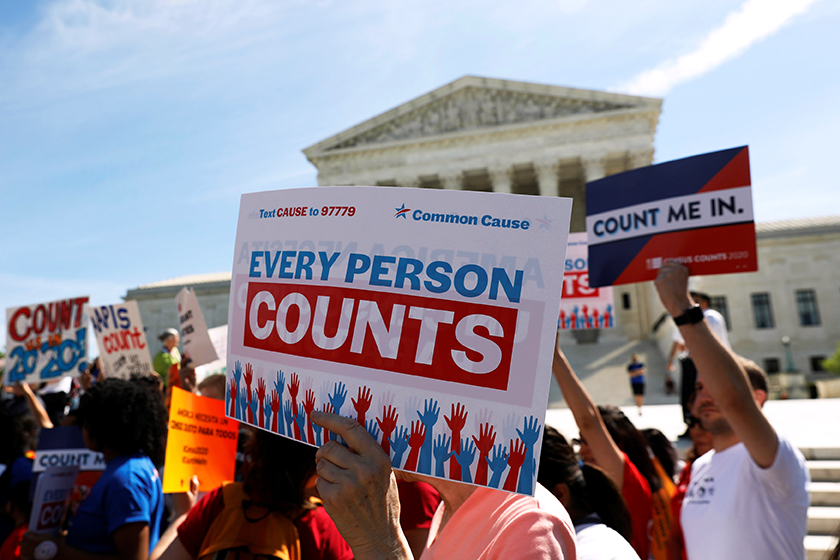
The federal government also uses census data when determining how to allocate funds based on need, such as for roads, healthcare, public safety, education and services for the poor, Scott said. Federal grants to local agencies apply the Catholic Social Teaching principle of subsidiarity, that is that matters ought to be handled by the smallest, lowest or least centralized competent authority.
With an accurate count, the local Church is able to more effectively carry out its works of mercy through agencies such as Catholic Charities Community Services, which receives federal grants that support its affordable housing, “Head Start” education, refugee resettlement and veterans’ programs.
“IRS tax credits are awarded on census data. There’s only so much federal funding approved to the sates and it’s allocated to the states on census data. Arizona’s really a hotspot. Capturing that in the census really helps us, even for future needs like affordable housing,” said Paul Mulligan, president and CEO of Catholic Charities Community Services. “In Phoenix alone, homelessness has grown 25 percent a year for the last five years. That’s not just folks who are moving from other parts of the country who are homeless. A lot of folks are being pushed out because they can’t keep up with the housing rates.”
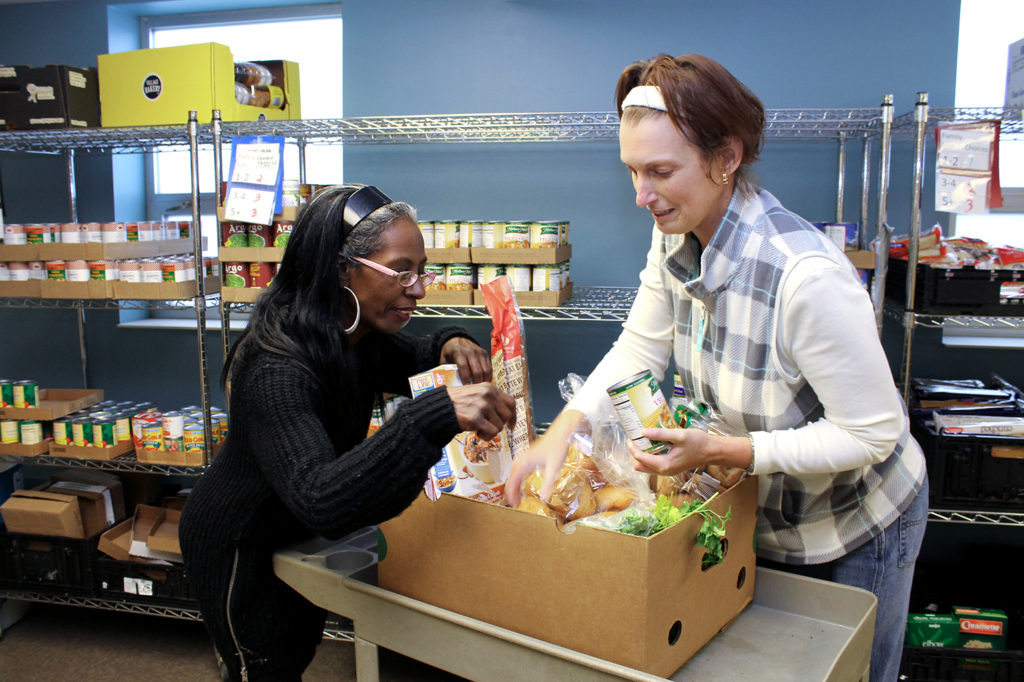
The agency’s “Head Start” program has more recently become a direct federal grantee, Mulligan said. The program provides year-round, childhood education through a holistic approach and offers in-home services for expectant mothers.
Mulligan emphasized that Catholic Charities maintains its Catholic identity and doesn’t accept funding that is contingent on compromising that identity in any way.
“We are drawing clear bright lines. We know that being Catholic makes us different from being a generic non-profit, so we have values that are guiding our decisions,” Mulligan said. “When certain stipulations come in that would require us to ignore or walk away from our core beliefs, we walk away from those contracts.”
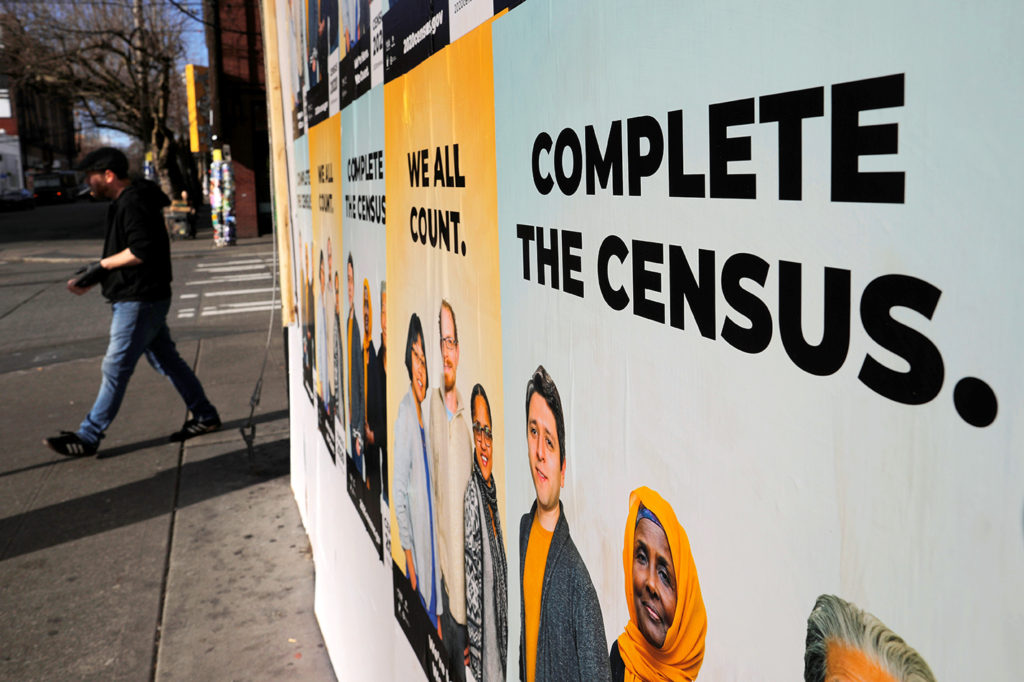
The local Church is also able to use Census data for its own planning purposes. A recent example is the building and opening of St. John Paul II High School in Avondale, the first Catholic high school in the far West Valley.
“When you look at the demographics of growth there, the census data was really important to take a look at how is it that we’re going to serve that community, who lives there, what are the ages of the people that are there,” said Dr. Maria Chavira, chancellor for the Diocese of Phoenix.
Chavira said that although religious affiliation is not a question on the census form, the data helps the diocese estimate the Catholic population based on percentages of self-identified Catholics from other studies, such as from the Pew Research Forum or the Center for Applied Research in the Apostolate (CARA). Estimates can also be made by looking at ethnic groups that have historically had larger Catholic populations.
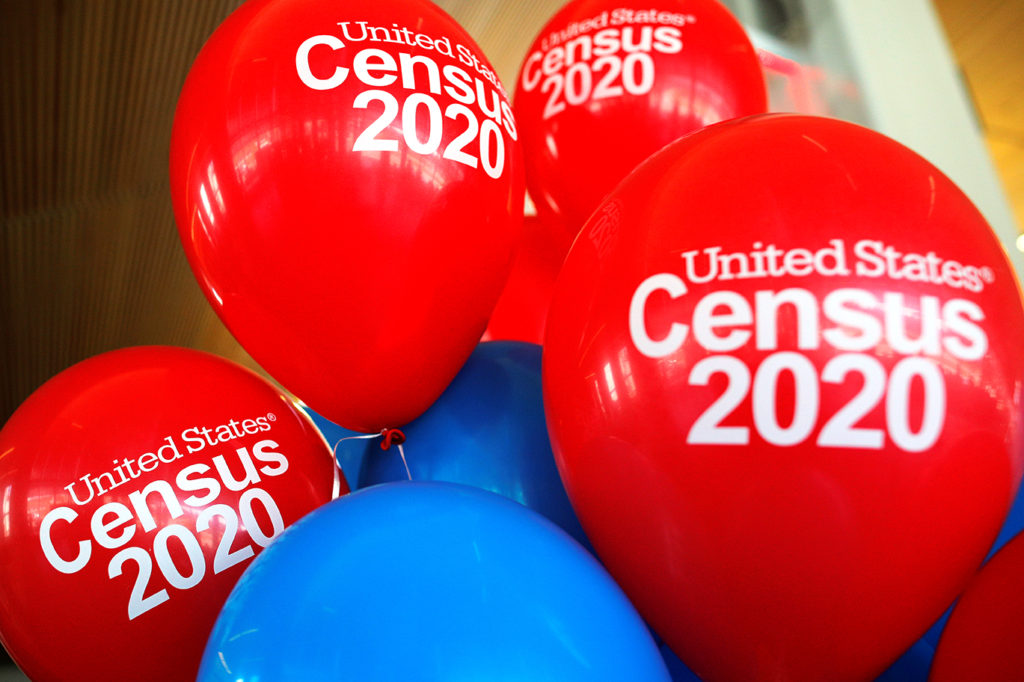
“Data is not everything, however it does give us a picture as to who it is that we’re serving,” Chavira said. “We have to be Christ-centered, Spirit-led and data-informed.”
Chavira also represents the diocese on the interfaith subcommittee for the state’s Census. Nationwide, the weekend of March 27-29 has been designated as “Faith Communities Census Weekend of Action.”
“The census as a concept is pretty evident in many faith traditions. … Censuses were taken as a way to understand how many people were in the midst so that their needs could be properly taken care of,” said Scott. “Faith leaders have been a positive influence on the census because they are such trusted voices, and they help their people understand the foundational importance of the census to our democracy and to how a jurisdiction and its people will survive and ultimately thrive over a 10-year period.”



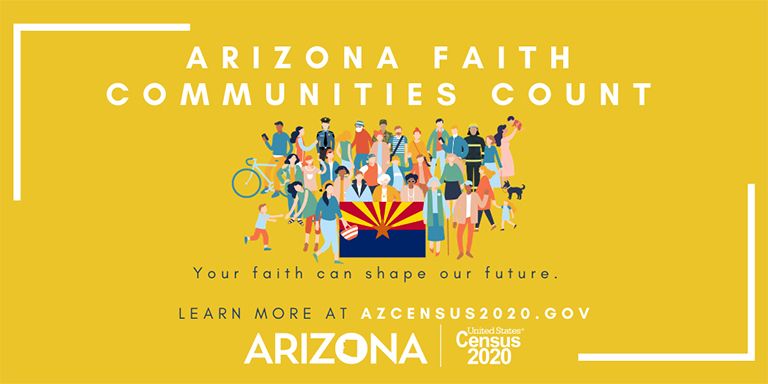
 TAKE THE CENSUS ONLINE
TAKE THE CENSUS ONLINE


